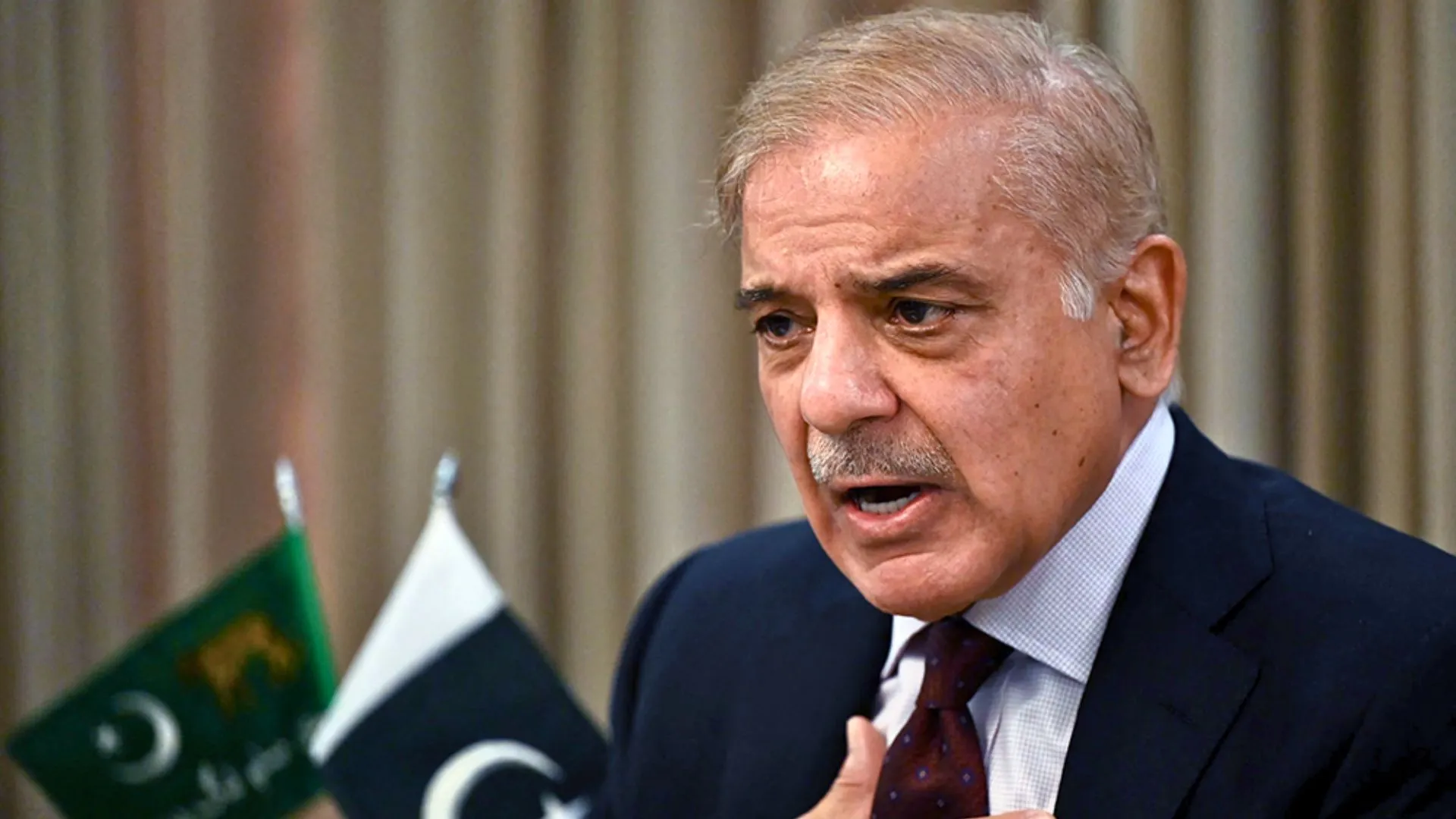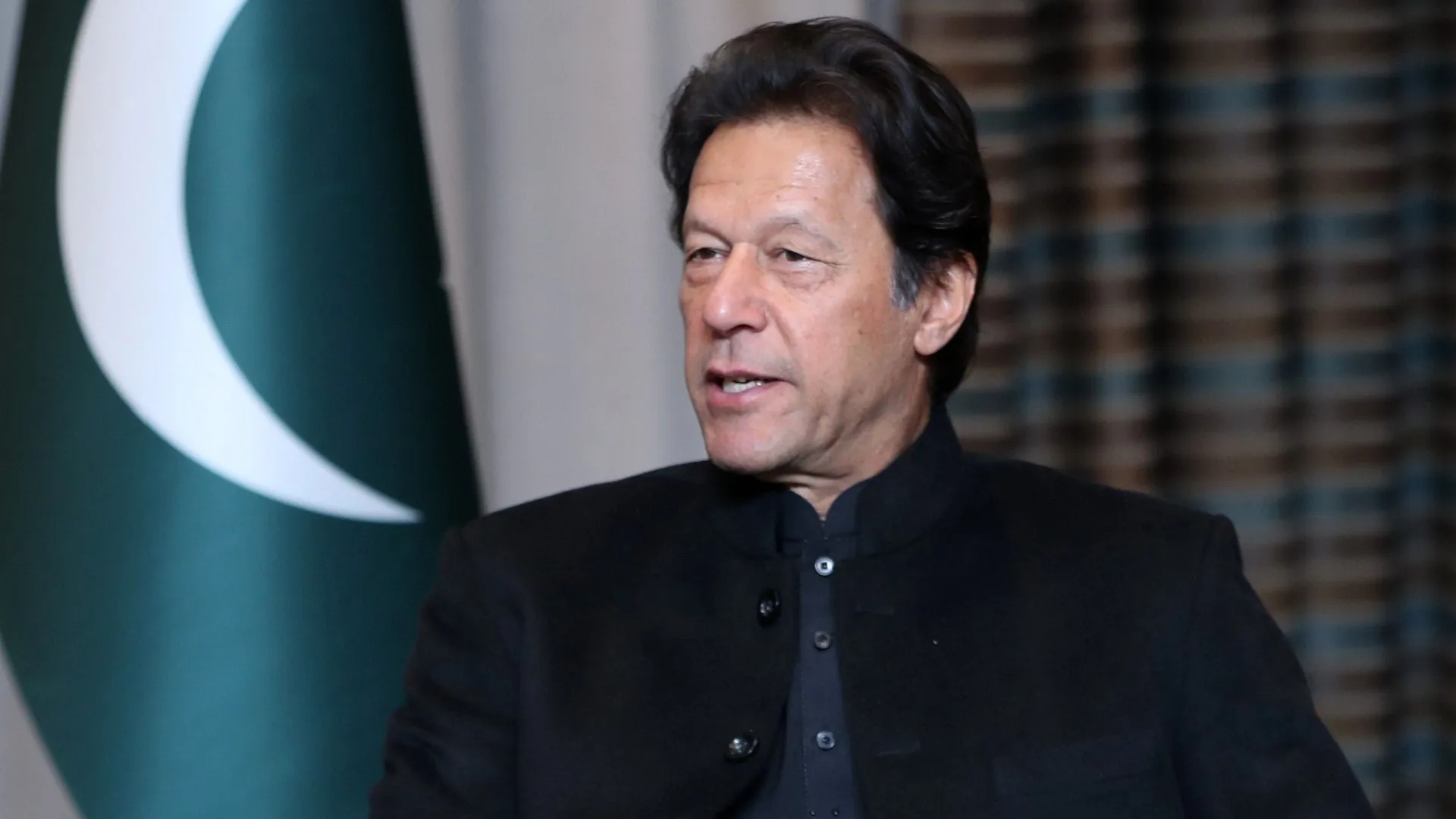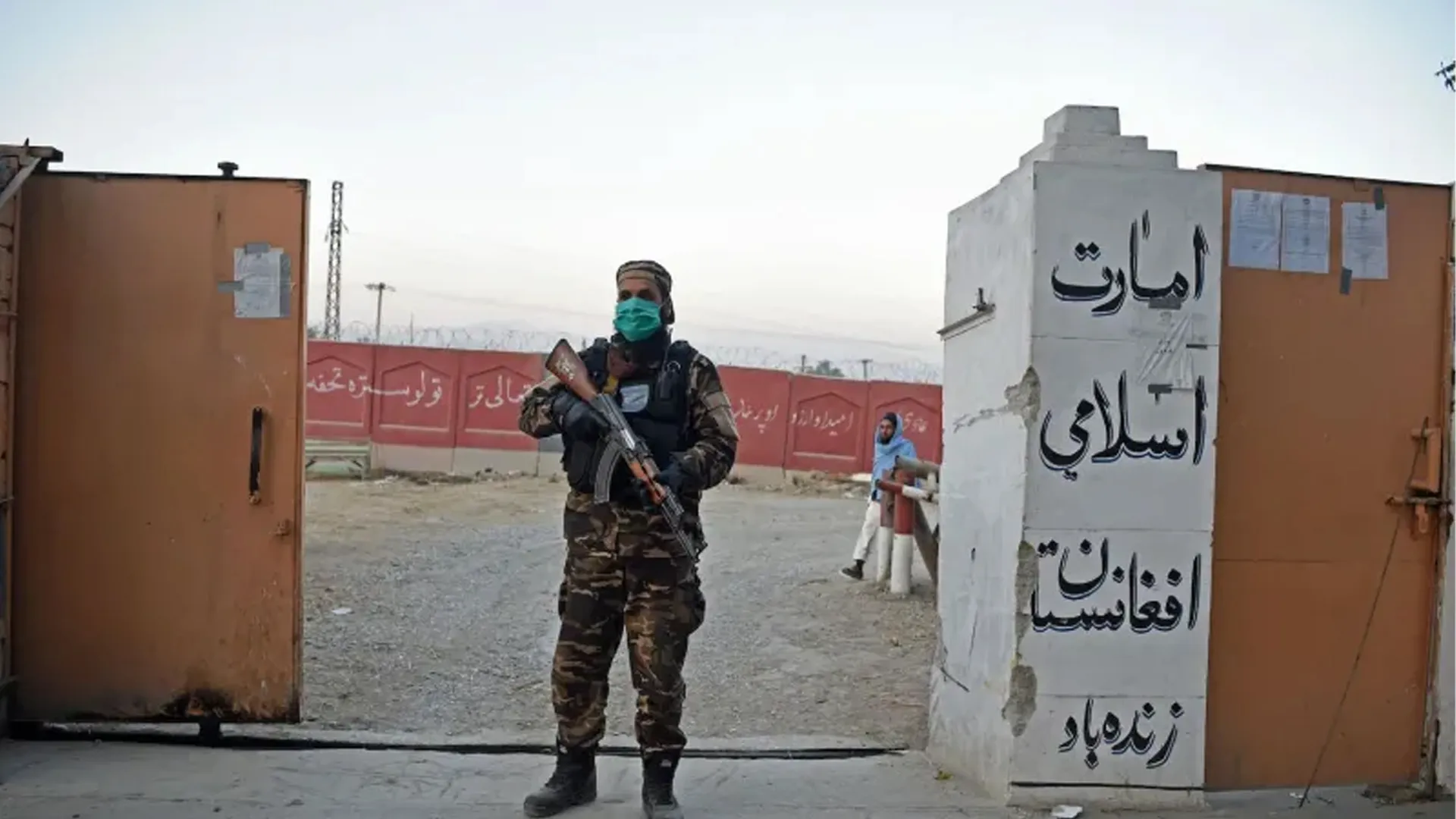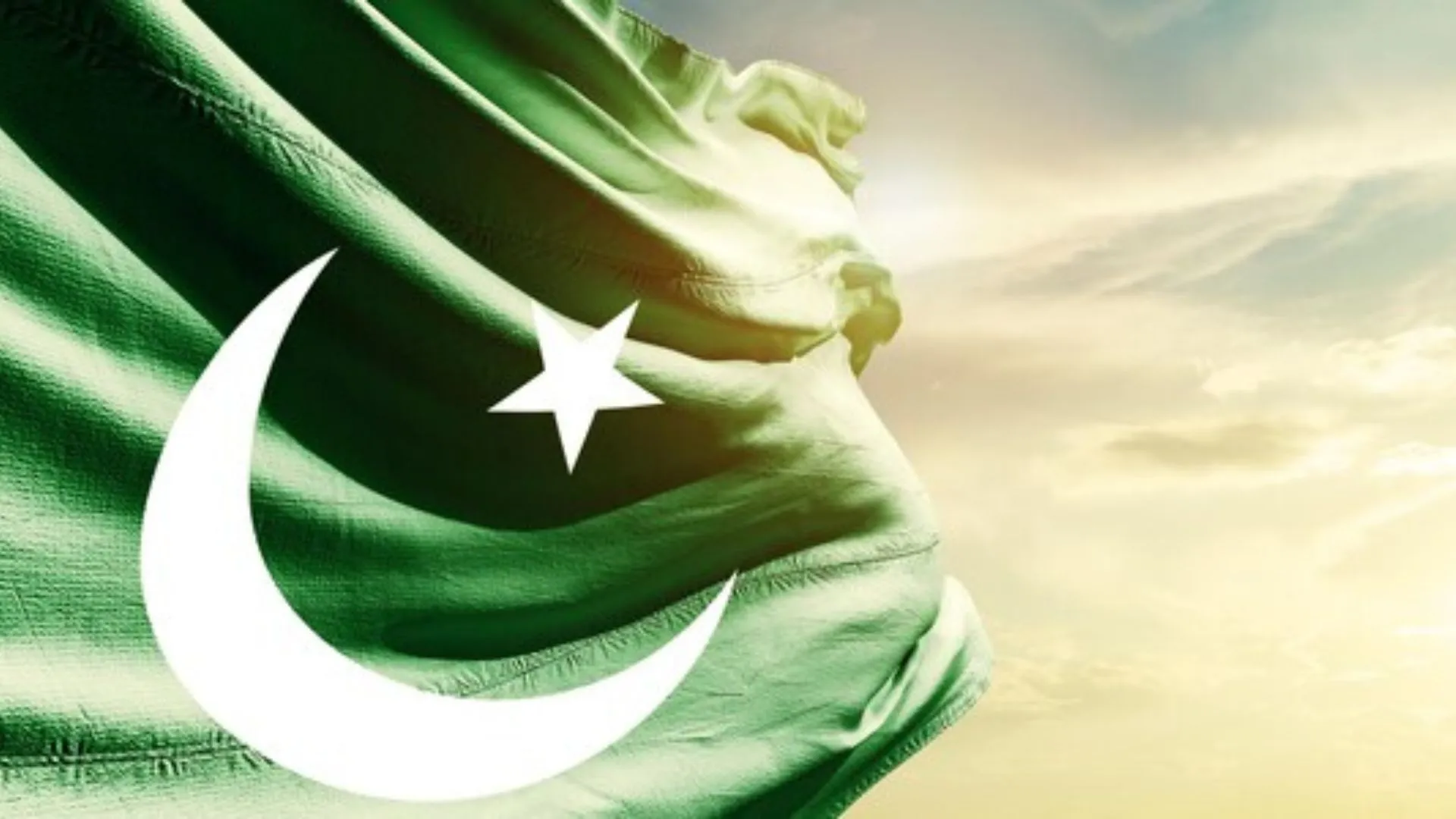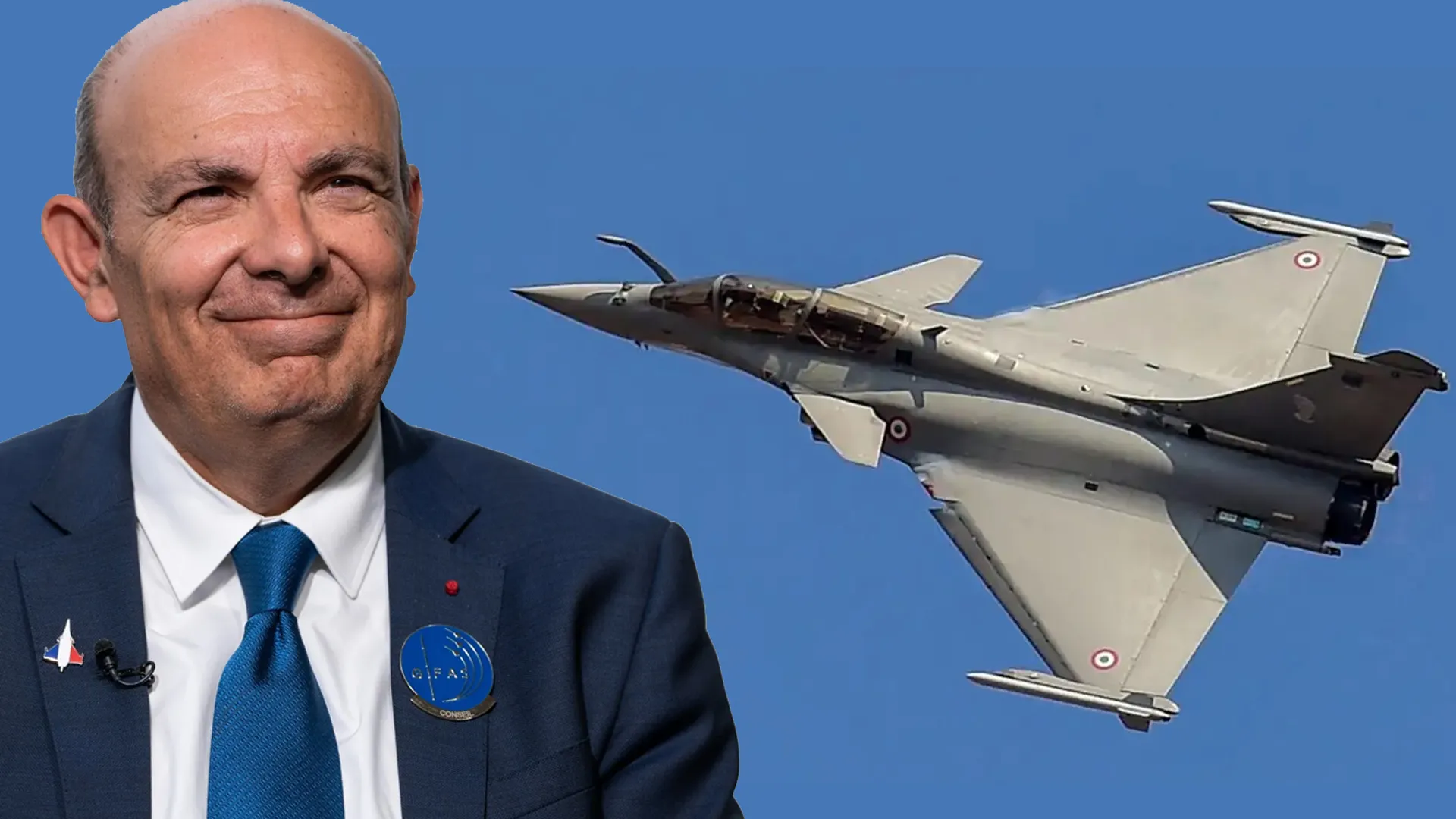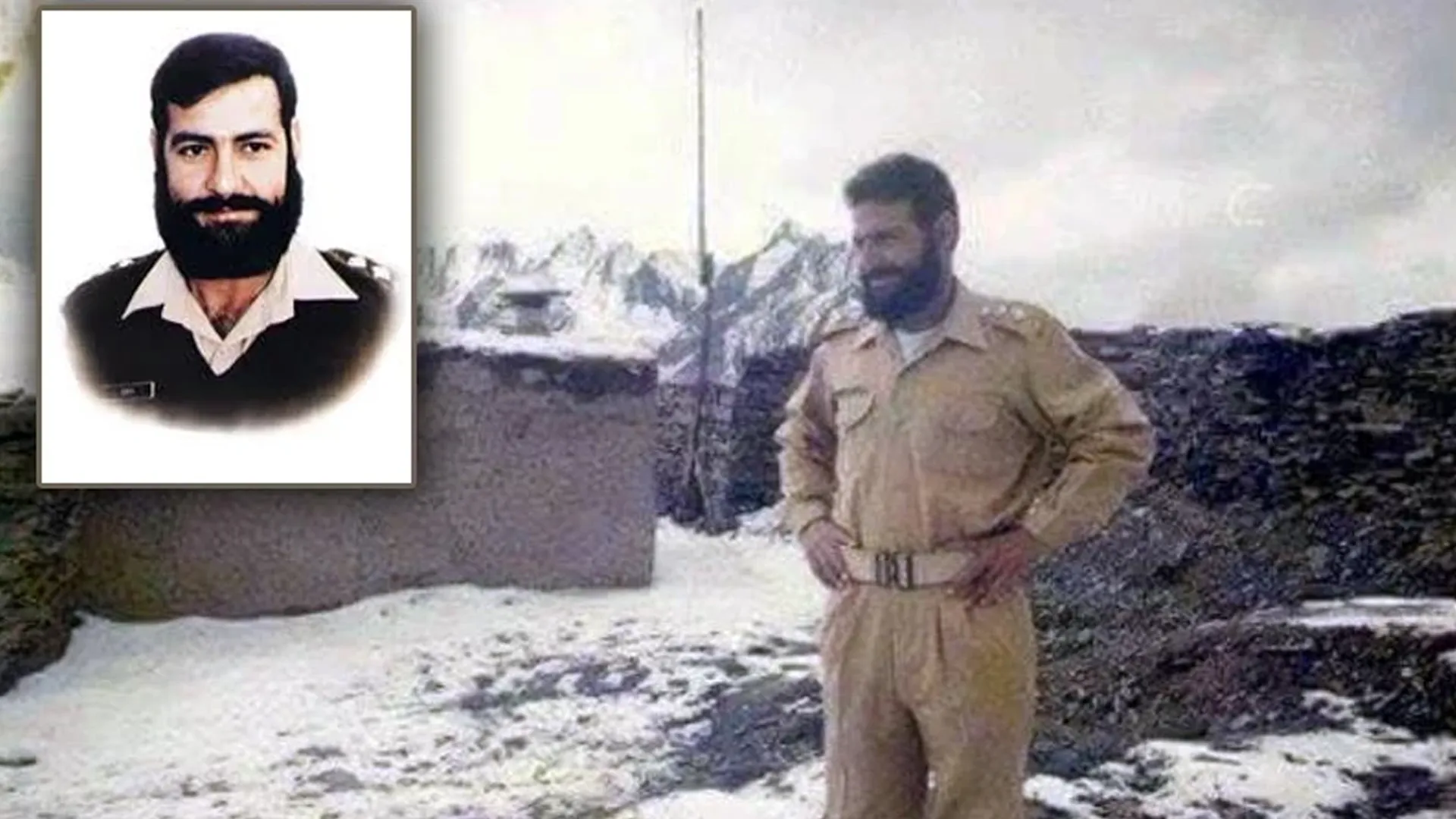In a step that is filled with irony and controversy, Pakistan will be presiding over the United Nations Security Council’s Taliban Sanctions Committee in 2025. It will also be vice-chair of the Council’s Counter-Terrorism Committee. This follows despite Pakistan’s long history of hosting UN-designated terrorists. It comes amidst increasing international criticism regarding Pakistan’s reported status as a state sponsor of terrorism.
India has been critical of the appointment, citing Pakistan’s consistent support for extremist groups, including recent fatal attacks in Kashmir. The move creates nagging doubts regarding the credibility of international counter-terror mechanisms.
Pakistan to Head Taliban Sanctions Committee
The Taliban Sanctions Committee, or the 1988 Committee, is responsible for travel bans, asset freezes, and weapons embargoes against Taliban-affiliated individuals. In 2025, Pakistan will head this committee, with Guyana and Russia as vice-chairs.
Critics argue this is nothing short of putting the fox in charge of guarding the henhouse. It is charged with raising up the very entities this committee is recommending punishment against. Al Qaeda leader Osama bin Laden was assassinated by US troops in 2011 when hiding in Abbottabad, Pakistan. The nation has also provided residence to other listed terrorists from such groups as Lashkar-e-Taiba and Jaish-e-Mohammed.
Vice-Chair Role in Counter-Terrorism Committee
Pakistan will also be a vice-chair of the 1373 Counter-Terrorism Committee. Algeria will preside over this committee, and France and Russia are vice-chairs along with Pakistan. Besides this, Denmark will chair the 1267 ISIL and Al-Qaida Sanctions Committee, with vice-chairs Russia and Sierra Leone.
Pakistan, a 2025–26 non-permanent member of the UN Security Council, will also co-chair working groups on sanctions and procedural affairs.
India Criticizes UN Ruling
India has criticized Pakistan’s induction into these positions. It points out that Pakistan hosts the largest number of UN-listed terror outfits and individuals. The recent murder of 26 civilians in Pahalgam on 22 April by terrorists supported by Pakistan invoked outrage in New Delhi. India retaliated by suspending the Indus Waters Treaty and ejecting Pakistani diplomats.
Defence Minister Rajnath Singh has confirmed India’s Operation Sindoor. It eliminated almost 100 terrorists in Pakistan and PoK with precision strikes.
Deep-Rooted Web of Terror
Security analysts refer to Pakistan as a “global exporter of terror.” They blame its military and intelligence agencies for backing extremist groups as instruments of regional leverage. They target civilians in the surrounding nations, then assist the Pakistan army in legitimizing its rule within.
This tactic isn’t new. During the Kargil War, the Pakistani troops intruded into Indian territory and camouflaged their actions as local rebels. India compelled them to withdraw, revealing Islamabad’s deception.
Pattern of Harbouring Terrorists
Pakistan has long used terror as a pillar of foreign policy. India, Afghanistan, Iran, and Western powers have flagged this repeatedly. The 2008 Mumbai attacks and bin Laden’s presence in Pakistan confirmed suspicions. Even with pressure from the Financial Action Task Force (FATF), Pakistan’s military continues to support these networks, risking regional peace.
By making Pakistan responsible for sanctioning the Taliban and co-leading counter-terror operations, the UN risks credibility loss. It gives legitimacy to a country most view as the source of the very evil it’s tasked to combat.

